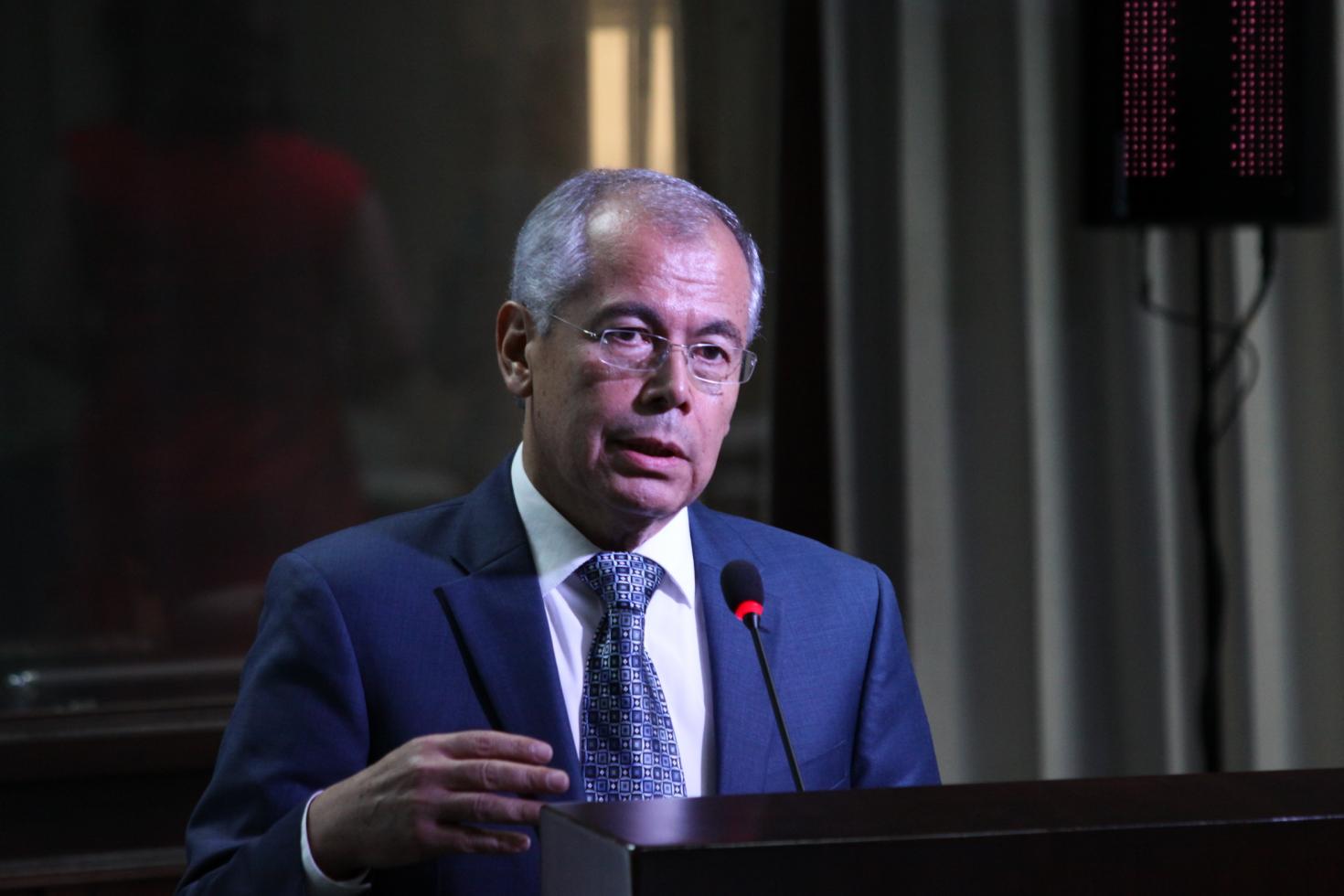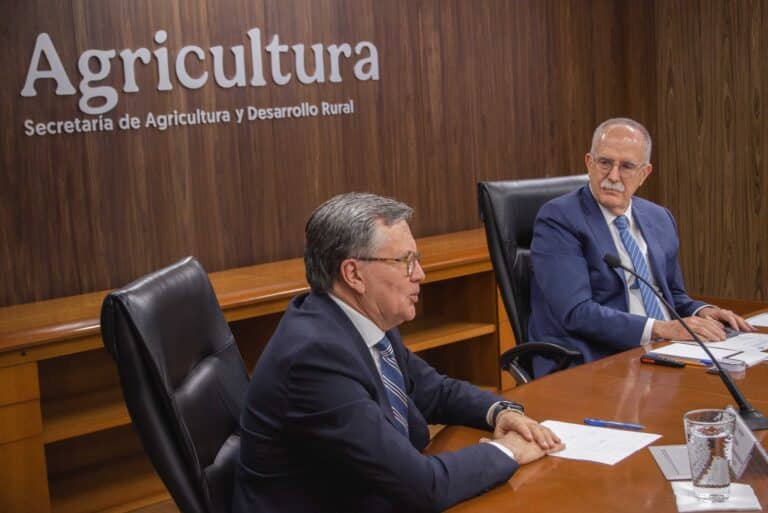Agenda 2030 for sustainable development and the national development plans of its member countries will be the guide for strengthening agriculture in the Americas and meeting the challenge of feeding the world.
San Jose, 28 July, 2017 (IICA). The technical cooperation that the Inter-American Institute for Cooperation on Agriculture (IICA) should provide in the upcoming years, while remaining true to its mission of promoting agricultural development and rural well-being in the hemisphere, was analyzed during the 37th Regular Meeting of the Executive Committee of this organization.
The Director of technical cooperation at IICA, Salvador Fernández, explained that the work that the Institute carries out, should in the future be done with an integrated vision, within which Agenda 2030 for sustainable development, and the national development plans of its member countries, provide the basis for identifying where to focus the Institute’s efforts to achieve progress in the agricultural sector.

Fernández indicated that, if technical cooperation is achieved, leading to the generation of appropriate policies for strengthening the agricultural sector, institutional frameworks and quality services, as well as public-private investments, technologies, good science-based practices, and if local knowledge in the field is promoted, and if linkage of producers to markets is solidified, then the sustainable agriculture targets will be met.
“We are betting that, if we have all this, we can achieve an agriculture that meets needs and contributes to human prosperity, that is resilient, uses natural resources efficiently and carefully, is environmentally responsible, is productive and contributes to rural development and to economic growth, and is inclusive. It would be very useful to analyze this approach to see how adjustments can be made in order to obtain a greater impact from technical cooperation”, stated the Mexican specialist.
The director of technical cooperation of IICA added that, in order to bring about this vision, strategic partnerships, coordination between partners and taking advantage of the experiences and strengths accumulated by the Institute over the 75 years of single-minded work on behalf of agriculture, will be key.
A challenging panorama
During the event, Fernández presented the current scenario in which the agricultural sector of the Americas is evolving and the challenges that it has to face: a growing population that will require more wholesome and safe food as a result of the increase in rural-urban migration; the same or less land space available for cultivation; water shortage and climate change. These are only some of the variables that agriculture in the hemisphere faces, coupled with the requirement to increase productivity under such conditions.
Data indicate that the current population of the Americas has exceeded 1 billion inhabitants, a figure that will be higher than 1.2 billion by 2050. Moreover, urban planning around the hemisphere is already at 80% compared with the degree of urbanization worldwide of only 54%.
“Urbanization is advancing quickly in the Americas, and with this, growth in incomes associated with changes in people’s dietary preferences. Due to higher incomes less, beans and more meat, as well as more processed products are being consumed, while safety requirements are higher, which places pressure on the food system. Without a doubt, these are factors that the Institute should consider in the future with a view to including them in new cooperation plan”, assessed Fernández.
The director of technical cooperation of IICA mentioned that, in order to face the challenge of feeding the world, the agricultural sector has 1.6 billion hectares in cultivation, out of the total surface area worldwide, and 2.5% of its fresh water. He insisted that one of the most important topics for focus was climate change, where the Institute has made strides.
“There is no doubt that in agriculture there are consequences, reductions in production yields, lower income for producers, and an impact on rising prices. It creates problems such as lack of access to water or, in other cases, flooding. Also, there are new pests and diseases. Climate change should be at the heart of the discussion because the most vulnerable people are the poorest, and they are the ones who primarily suffer the consequences. The Institute is addressing this, and undoubtedly it is something that will continue in the future”, concluded Fernández.
More information: salvador.fernandez@iica.int











